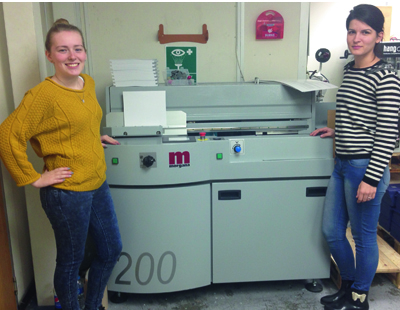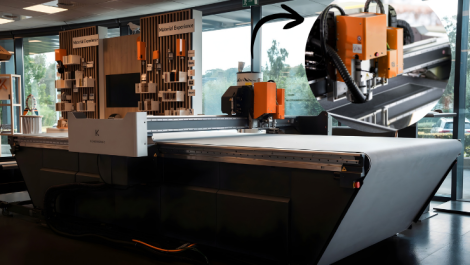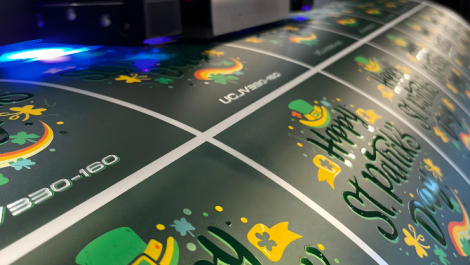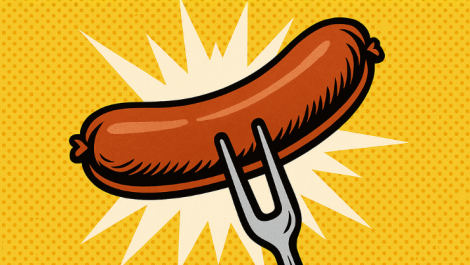The new DigiBook 200 PUR binder at TG Print with team members Leda Struga, (left) and Chloe Fisher.
Every printer in the land is familiar with the drawbacks of putting work out – loss of control over scheduling and quality, and a division of already meagre margins. London printer TG Print decided it was time to take control of its PUR binding.
Demand for PUR binding from digital printers has been growing swiftly in recent years and, if the experience of TG Print & Design in Woolwich is anything to go by, then more will follow.
Since investing in a new PUR binder from Morgana – the Ipex 2014-launched DigiBook 200 – to handle work such as advance copies and even proof copies of publications, TG Print has been able to retain PUR work in-house, with the consequent savings in time and cost and improved control over scheduling (it offers 24-hour turnaround on many jobs). It has also become a trade supplier of PUR binding itself.
Dave Duhig, managing director of TG Print & Design, said: ‘We had been considering the benefits of bringing PUR binding in-house for some time. We have an excellent relationship with the team at Morgana, and they offered us a trial of the DigiBook 200, suggesting that this machine would be more than capable of handling the work that we needed to produce, with the quality of bind that we were looking for. The trial was a great success – in fact it was so good that we picked up two new trade jobs because of it.’
He continued: ‘In addition to winning new trade work, the DigiBook means that we are saving money on placing PUR work out ourselves, and keeping a much tighter hold on production schedules. The fact that we can now produce PUR binding at a more cost effective price means that we have been able to tempt a number of customers to try it – they then become hooked on the quality of bind they get back.’
TG Print, which is on target to achieve a £3 million turnover in its current financial year, prints both litho and digital work, with litho being handled by a Heidelberg XL75, while Konica Minolta 6000 and MGI Meteor machines combine to produce the digital output. Wide format production is undertaken on both EFI flat-bed and HP equipment.
The DigiBook 200 joins a range of other Morgana equipment at the company, including creasing, folding, and laminating products. The system handles spine lengths from 110 to 320 mm, with a maximum thickness of 50 mm. It has retractable spine milling so can go from soft- to hard-cover binding at the flick of a switch. Side gluing for the cover hinge is adjustable depending upon the cover style required.
Morgana says the DigiBook range of machines is suited to both traditional and digital printers who require either short-run or production capacity PUR perfect bound books to a professional standard. They are equipped with a patented closed gluing system, where the spine and side gluing is applied by a hermetically-sealed slot applicator for the best binding quality and accuracy. Set up is via a touch screen panel with icon graphics, suitable for the programming of all precision operations in just a few seconds.
Mr Duhig said he had found the DigiBook 200 to be reliable, efficient, and affordable, and added: ‘We might not use it for several days, but when we need PUR it is available immediately. It makes a big difference to how customers view you as a supplier when you turn up with a couple of finished books rather than a whole bundle of loose sheets.’
Ray Hillhouse, sales and marketing director at Morgana Systems, commented: ‘TG Print illustrates yet again that the product offers the ideal solution for print businesses seeking quality PUR binding for short to medium-run work. The quality of bind, the speed of production, and the cost of the system are making it an essential tool for today’s fast turnaround print business.’





